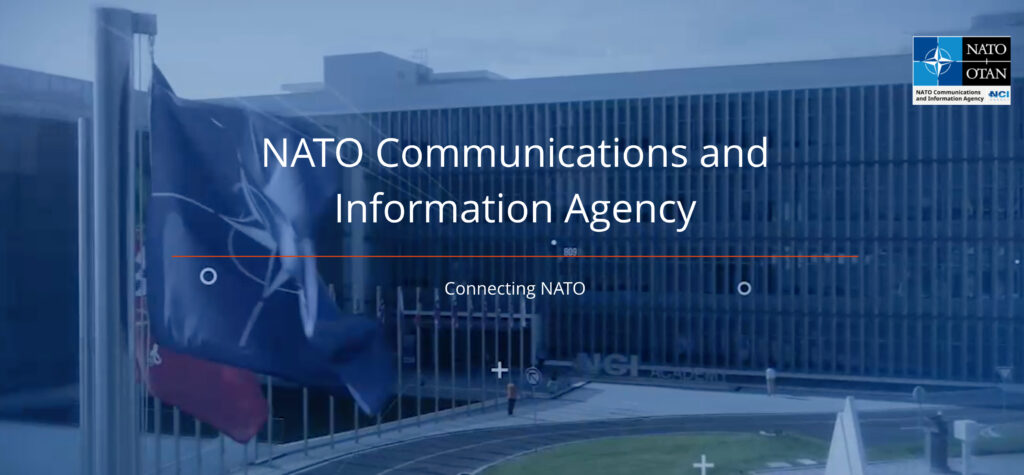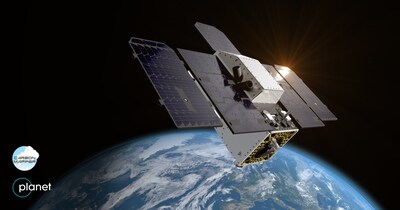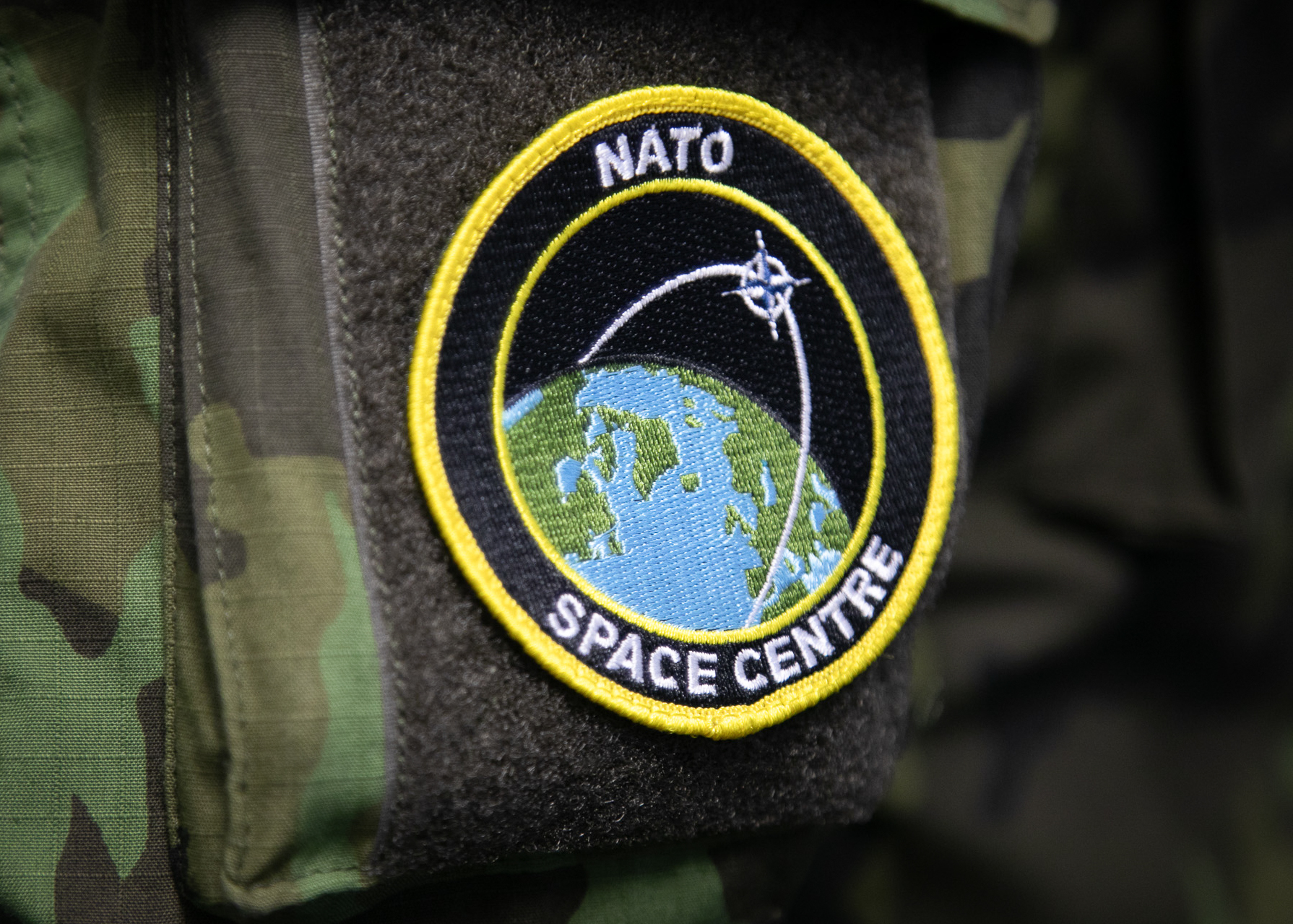Planet Signs contract with NCIA for APSS

Planet Labs PBC (NYSE: PL), a leading provider of daily data and insights about Earth, has signed a new contract with the NATO Communications and Information Agency (NCIA). NCIA’s Alliance Persistent Surveillance from Space (APSS) program will use Planet’s SkySat high-resolution satellite data to support NATO missions.

Planet’s tasking capabilities will empower NATO decision makers by providing imagery for use with detailed tracking and analysis of foreign military capabilities and activities, monitoring of military infrastructure, detecting movements, assessing threats effectively, filling missing intelligence gaps and helping provide an unclassified common operating picture between allies.
Founded in February 2023, APSS is a multi-year, multinational initiative that aims to use space to collect data on any location at any given time, increase space-based intelligence sharing, improve NATO’s overall intelligence through space-based assets, and increase the speed, usability and management efficiency at which space-based data is collected, aggregated and delivered. APSS also enhances how NATO engages with future technologies including cloud solutions and AI analytical tools that will be key to better manage the growing amounts of space data available.
- This contract highlights Planet’s continued business growth in the government sector this year, following a recently announced contract expansion with a U.S.-allied International Government Agency and a pilot contract signed with an International Ministry of Defense Customer.
“In a time of heightened global conflict, this ability to supply NATO is more critical than ever to reinforce multinational alliances and advance peace around the world through transparency and accountability from space,” said Will Marshall, co-founder and CEO of Planet. “We look forward to working with the APSS team as it continues to adopt new space technology to advance global security.”
“Space is critical for NATO, from supporting the navigation and tracking of forces, detecting missile launches, maintaining situational awareness, to ensuring effective command and control,” said Laryssa Patten, Head of Space Technology Adoption and Resilience at NCIA.
“Planet’s sub-daily tasking brings new capabilities which enable monitoring of large areas of NATO interest, bolstering our technological advantage, and fulfilling our mission of preserving peace and security for nearly one billion people.”
Planet signs deal with NATO to supply satellite imagery
WASHINGTON — Earth imaging company Planet announced Aug. 19 it has inked a deal with NATO to supply satellite imagery.
Planet said it could not disclose the contract’s financial details. . . . . . . . .
The APSS program, launched in 2023, is a NATO initiative designed to create a “virtual constellation” by pooling together national and commercial satellite networks.
- With 17 member nations committing over $1 billion over the next five years, this program is being touted as the largest multinational investment in space-based capabilities in NATO’s history.
- The goal is to enhance the alliance’s ability to keep tabs on what’s happening on the ground and at sea.
“Planet’s tasking capabilities will empower NATO decision makers by providing imagery for use with detailed tracking and analysis of foreign military capabilities and activities, monitoring of military infrastructure, detecting movements, assessing threats effectively, filling missing intelligence gaps, and helping provide an unclassified common operating picture between allies,” the company said in a statement
Pushing for growth in defense
Planet operates a fleet of over 200 satellites that orbit the poles every 90 minutes, capturing the entire Earth’s landmass every day.
Laryssa Patten, an official from NCIA, highlighted the strategic importance of space to NATO, calling it crucial for everything from force navigation and missile launch detection to maintaining situational awareness and ensuring effective command-and-control.
For Planet, this NATO deal is the latest in a series of moves to strengthen its position in the defense and government sectors. The company’s SkySat fleet, which offers high-resolution images and the ability to revisit locations multiple times a day, was initially developed to meet military and intelligence demands.
Since launching its defense-focused subsidiary, Planet Federal, in 2018, the company has been steadily expanding its government footprint. The company secured a $146 million contract with the National Reconnaissance Office (NRO) in 2022 as part of the NRO’s Electro-Optical Commercial Layer initiative, which taps commercial satellites for national security applications.
Related
--
.jfif)
.jfif)












No comments:
Post a Comment